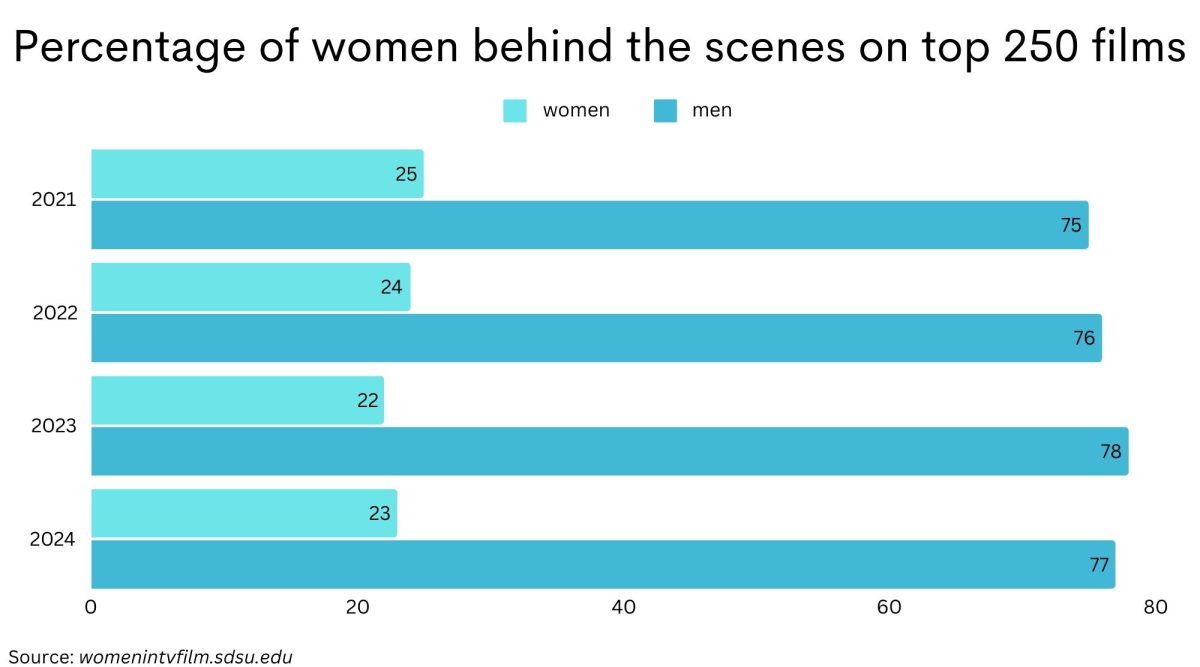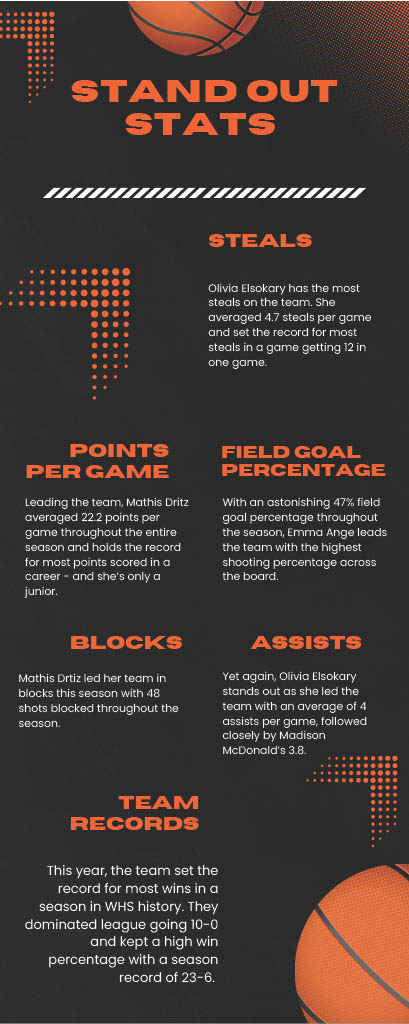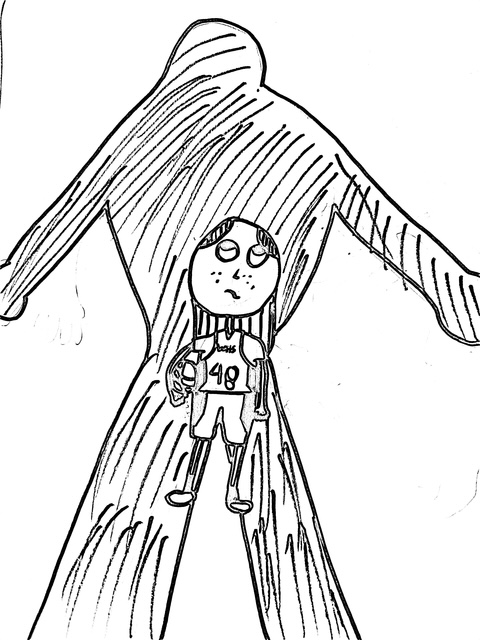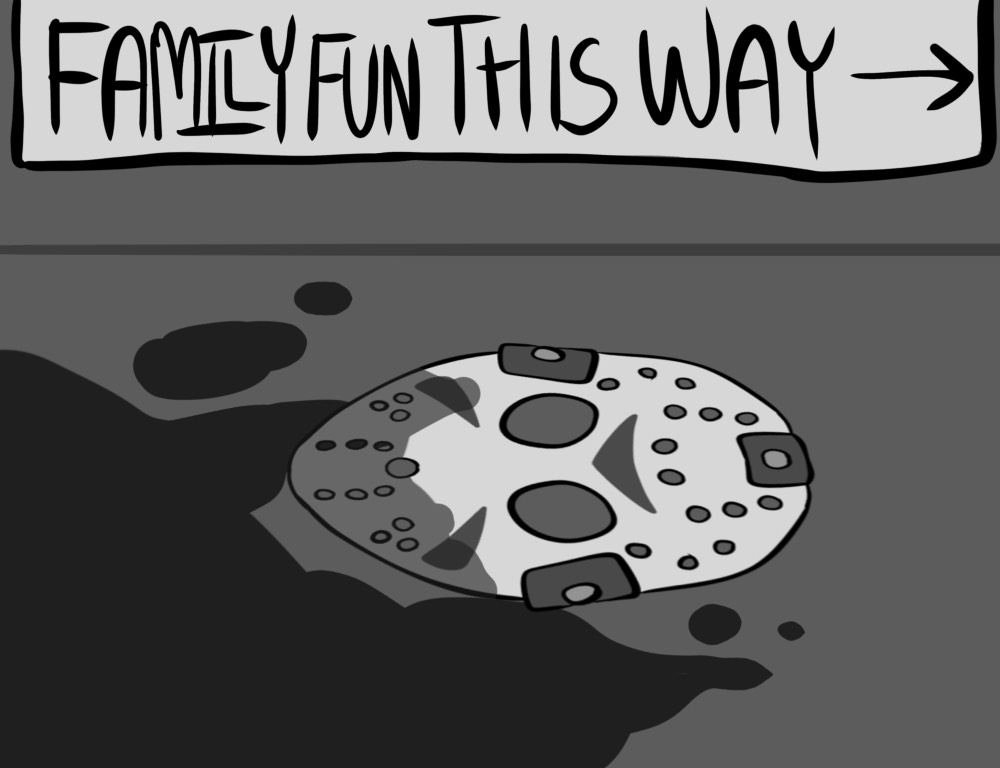There is one minute left in the fourth quarter, and the visiting team is down by six points. The players rush down the court on offense and make a hurried, last minute play.
With 50 seconds to spare, they put up a shot from the three–point line, only to miss completely. There is a groan from the audience, but it is no match for the angered roar of the head coach.
High school sports are becoming more popular, according to cifstate.org, and many student athletes strive to be the best at their respective sports. They care tremendously about their performance and will practice for hours to improve. Sometimes, though, it feels like their coaches care just a little more.
Coaches often argue that their job is to help players improve, not to coddle them. However, there comes a point in which certain methods become less concerned with improvement and more focused on incessant criticism.
Games are already stressful enough for students without the added pressure of a temperamental coach. Living up to one’s own expectations is difficult in and of itself, not to mention trying to impress teammates and parents as well. For those who take their sports seriously and plan to pursue them beyond high school, the stakes are even higher.
Throw in a volatile, explosive head coach, and it creates a recipe for tension and anxiety. It may be hard for players to focus on the game and play their hardest when they are constantly worried about being benched or worse–publicly shamed.
In fact, 34% of student athletes claimed that pressure from their coach caused them stress, according to a study performed by pmc.ncbi.nlm.nih.gov. Being on the receiving end of frequent outbursts tends to break down students’ self–esteem instead of building up their confidence. As opposed to feeling empowered and excited to give it their all, players often crumble under ceaseless scolding. Many times, they lose faith in themselves and their abilities, worrying that they are never good enough.
This may lead to a self–perpetuating cycle in which coaches reprimand their players even more, wondering why they are not being aggressive enough or putting in enough effort.
Especially in lower-level sports, it is simply unnecessary for coaches to have such a harsh approach. The purpose of many high school teams is to develop players and help them hone their skills, which some coaches seem to forget.
“By participating in athletics, young people have the opportunity to learn, grow and develop just as they do in the classroom,” said Dr. David Koch, current member of the High School Today Publications Committee and former high school coach and athletic coordinator, according to nfhs.org. Student athletes should not be expected to perform on a collegiate level; rather, high school sports should focus on preparing them for what is to come while allowing space for learning and improvement.
Many coaches argue that their goal is to prepare student athletes for college and beyond. However, the truth is that many student athletes do not wish to make a career out of their sports–after all, only about 39% of high school athletes reported playing sports in order to receive college scholarships. Others play sports to spend time with friends while gaining P.E. credits.
Ultimately, coaches should treat their players with dignity and respect, and they should allow them to learn and grow at their own pace. Berating students does not solve any problems and instead leads to feelings of worry and inadequacy. In order to help students reach their potential as athletes, it is imperative that coaches recognize when their good intentions are producing negative outcomes.



























